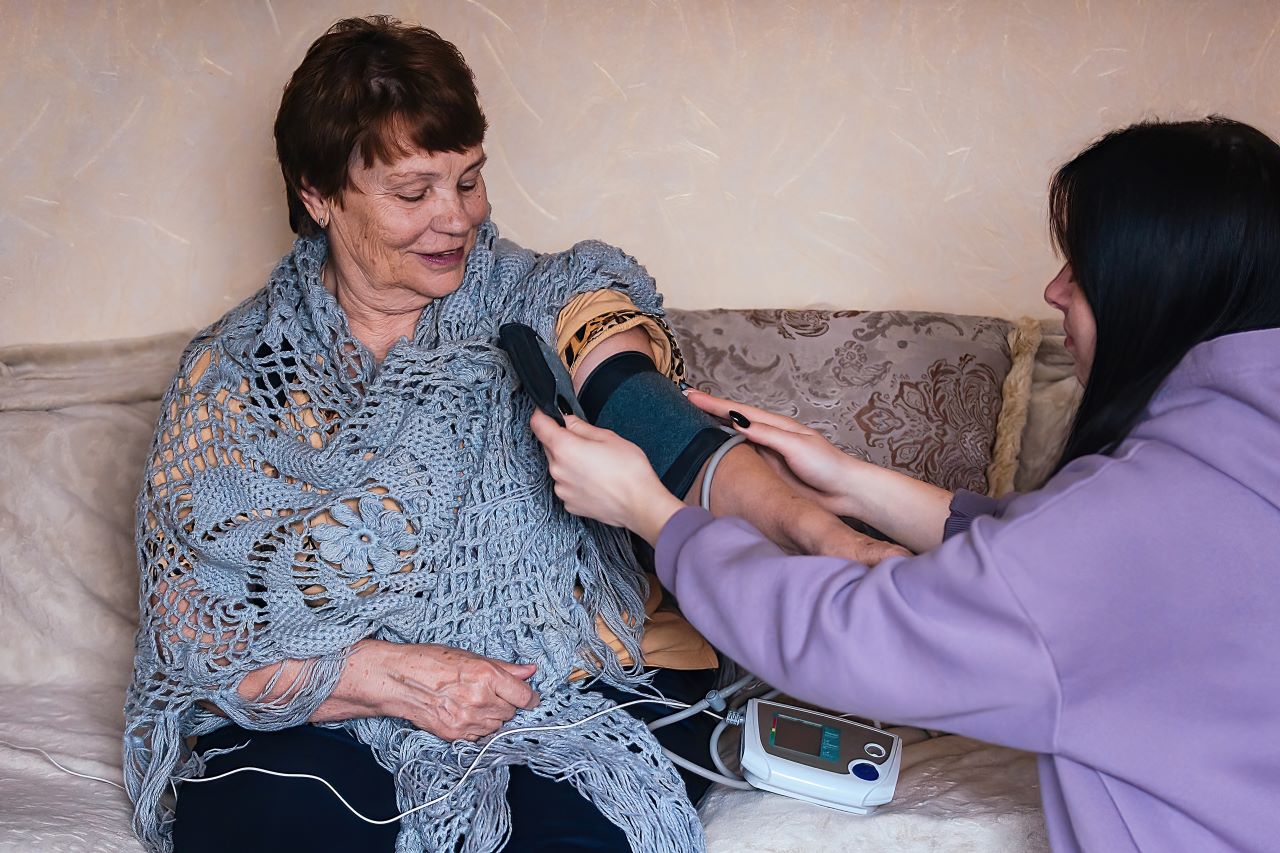
While Palliative care plays an important role in supporting families who are facing serious illness, it’s often misunderstood. This special care for those who may be dealing with a long journey has numerous physical and emotional benefits for both the person who is ill and their family.
What does it mean when someone is in Palliative Care?
When someone is in palliative care, it means they’re receiving specialized medical care focused on improving their quality of life. This care isn’t just about managing physical symptoms; it’s about addressing emotional, social, and spiritual well-being too.
A dedicated team of professionals—doctors, nurses, social workers, and more—work together to help patients feel as comfortable and supported as possible. They also support families, ensuring everyone involved feels cared for during what can be a challenging time.
Palliative care doesn’t mean “giving up.” In fact, it’s often provided alongside treatments aimed at curing the illness. For example, if someone with cancer is undergoing chemotherapy, palliative care can help manage pain, nausea, or emotional stress.
For more insights on how care can be tailored to your loved one’s needs, visit our page on customized home care services.

Is Palliative Care considered End-of-Life Care?
While palliative care and end-of-life care (or hospice care) are related, they’re not the same.
Palliative care can begin at any stage of a serious illness—not just near the end of life. It’s about enhancing comfort and quality of life, whether someone is seeking treatment to recover, managing a long-term condition, or approaching the end of life.
Hospice care, on the other hand, is a type of palliative care specifically for individuals in the final stages of life. It focuses exclusively on comfort and support when curative treatments are no longer pursued.
If you’d like to learn more about how home care can support your loved ones in these stages, explore our specialized care page.
What is the most distressing symptom in Palliative Care?
The most distressing symptom depends on the individual and their illness. For many, pain can be one of the hardest challenges to face. Others may struggle with:
- Breathlessness: A common and frightening symptom for people with lung or heart conditions.
- Nausea and vomiting: Often caused by treatments like chemotherapy.
- Fatigue: A constant state of exhaustion that impacts daily life.
- Emotional struggles: Anxiety, depression, or feelings of isolation can weigh heavily on patients and their families.
It’s important to remember that these symptoms aren’t just part of the process—they can and should be addressed. Palliative Care teams specialize in easing discomfort and providing emotional and psychological support.
To dive deeper into managing these challenges, you might find the resources at the Canadian Virtual Hospice helpful.
What is meant by Palliative Care?
Palliative care is about providing relief and support for individuals and their families. It aims to “cloak” patients with care and compassion, ensuring they feel supported every step of the way.
The main goals of palliative care include:
- Relieving symptoms: Whether it’s pain, fatigue, or nausea, the focus is on comfort.
- Emotional and psychological support: Counsellors and therapists can help patients and families cope with the challenges of serious illness.
- Guidance for families: Helping families make decisions and feel confident in the care their loved ones are receiving.
- Improving quality of life: Whether that means enabling someone to enjoy time with their family or find moments of peace in their day.
Palliative care can happen anywhere—hospitals, nursing homes, or in the comfort of home. For many families, receiving this care at home provides a sense of normalcy and peace.
Why Palliative Care matters
At its heart, palliative care is about living well, even when facing serious challenges. It’s not about giving up—it’s about finding comfort, dignity, and moments of joy during difficult times.
If you or a loved one are considering palliative care, don’t hesitate to reach out to us. It’s never too early to explore options that can bring peace and relief to your family’s journey.
For further reading, the World Health Organization’s guide to palliative care offers helpful information.
How Just Like Family Home Care can help
At Just Like Family Home Care, we offer comprehensive palliative care services designed to meet the unique needs of each individual and their family. Our team of compassionate professionals is dedicated to providing the highest quality of care in the comfort of your home.
- Customized care plans: We work closely with you to develop a personalized care plan that addresses physical, emotional, and spiritual needs.
- Symptom management: Our skilled caregivers are trained to manage pain, fatigue, breathlessness, and other distressing symptoms to ensure comfort and dignity.
- Emotional support: We provide support for both patients and families, helping everyone navigate the emotional challenges that come with serious illnesses.
- Family guidance: Our team offers guidance and assistance with making informed decisions about care, ensuring you feel supported every step of the way.
By choosing Just Like Family Home Care, you can rest assured that your loved one will receive compassionate, holistic care that enhances their quality of life. Contact us today to learn more about how we can support you and your family during this time.
We offer consultations at a time that is convenient for you. If you would like to schedule your FREE, local in-home consultation, simply fill out our form and we will be there where—and when—you need us.